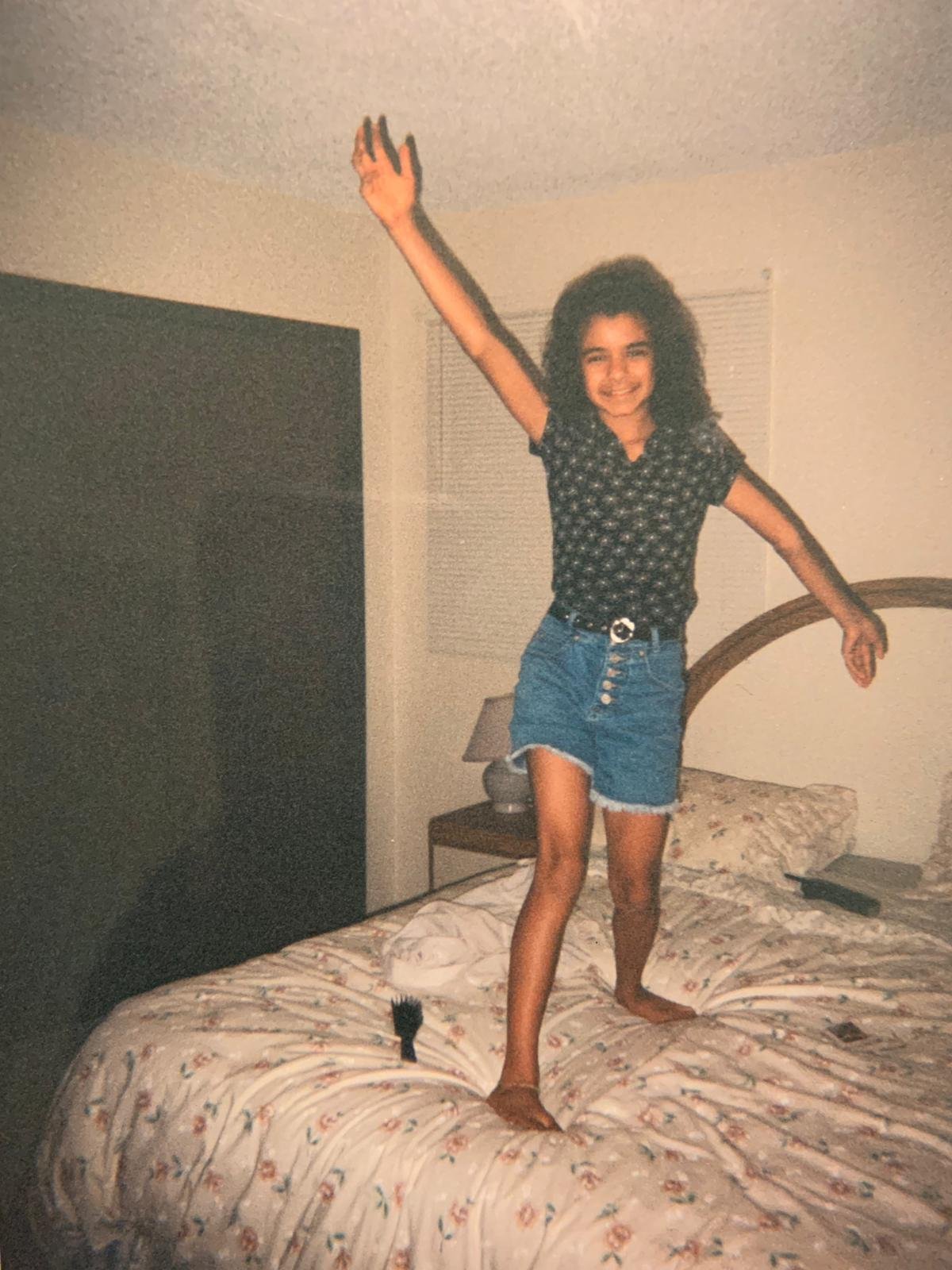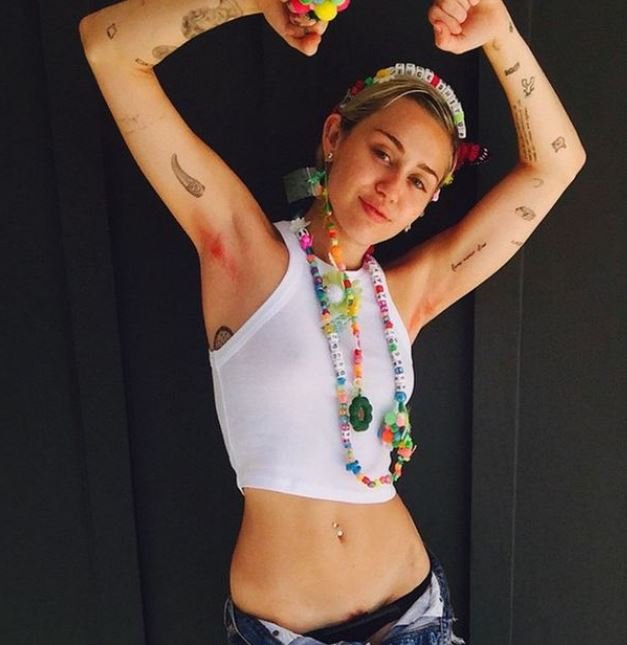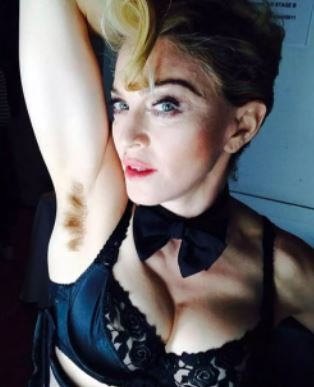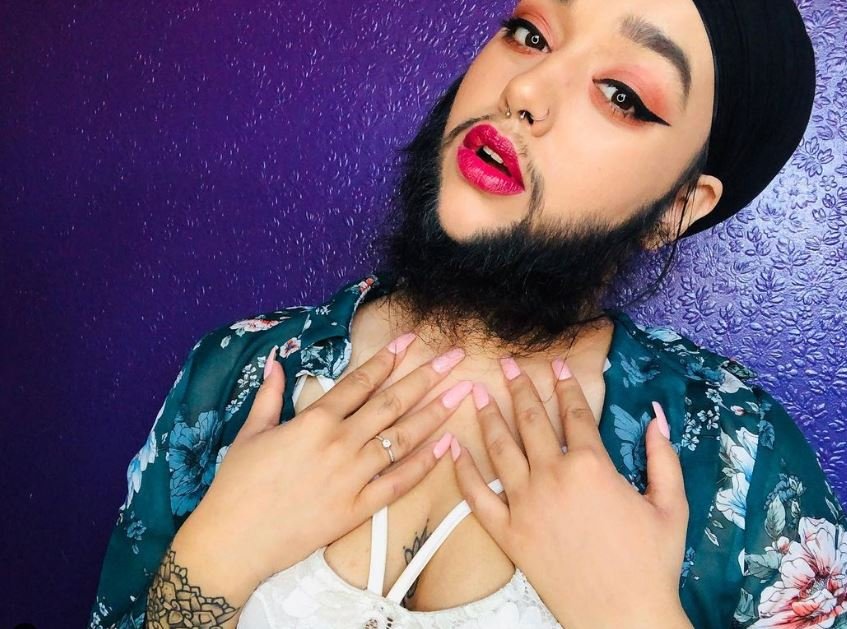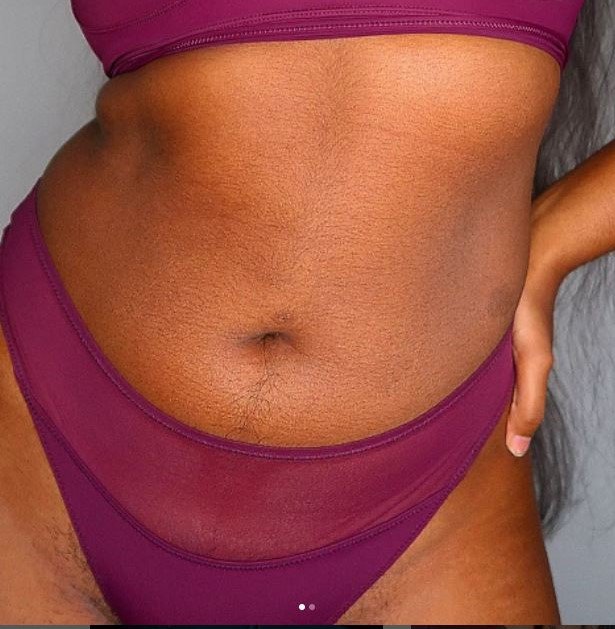The First Time I…
As I lied back, my muscles tightened.
I delay it as long as I can, searching for any excuse.
“Are you scared?” I shake my head bravely.
My body tenses. “I will be gentle.”
“Trust me, I have lots of experience.”
And just like that, it was over.
No one forgets their first time.
The First Time I…Waxed
Oddly, the fuzz that sat atop my upper lip didn’t really bother me. However, one day in gym class, while we sat on the floor awaiting instructions, the hairless girl next to me asked, “Why do you have hair on your legs?” Mortified, I shrugged, “I don’t know.” The worst is, the cutest boy in sixth grade looked over. Right. At. My. Hairy. Legs. I looked around the circle, I was the only girl with hair on her legs. Or at least, the only with visibly hair. Most of the girls in my grade were white, blond, and blue eyed. At least the popular girls anyway.
The school year ended, and I spent that summer in Calgary. I stayed with my best friend and her mom (who also happened to be one of my mom’s best friends). It was a great summer. We watched all the latest Bollywood movies, listened to all the latest hip hop songs, and played cards until 4 in the morning.
Her mom looked after me just like her own daughter. She enrolled me in basketball camp. She made me attend morning mosque at 4 o’clock in the morning (since we was awake anyway, re: card playing shenanigans), and she took me on a mission to a dimly lit basement of an Indian lady’s house, cash in hand.
So, 1998 was a big year. Kuch Kuch Hota Hai was released. Brandy and Monica fought over a boy. And I got waxed.
Hair has become a topic of contention as it holds so much meaning to so many people. Yet, despite its significance, the pressure to remove body hair has been a long-standing social norm and expectation for women. It is ingrained in us early. And not only is it ingrained in us, it is ingrained in boys as well. Cue a certain boy in Grade 6, who turned to me in gym class, pointed to my stick legs hanging out of my oversized hand-me-down UMBRO shorts and loudly asked, “Why are you so hairy?” Unfortunately, these experiences stick with you and so I moved on from waxing just my upper lip to my legs ass well pretty quick!
Of course, there is nothing wrong with removing body hair. It may indeed increase confidence and perhaps feel empowering. But the choice to keep our natural self without judgement also has its own appeal. Over the course of the pandemic, I stopped waxing some areas (while continuing to wax others). Maybe I didn’t care as much as I thought I did. Though I am still conventional in most ways, I am comfortable. Maybe that is because removing body hair is the social norm and I have internalized these beauty standards. Either way, I am happy. But I like knowing the option of acceptance should I choose not to remove body hair and I want to support an environment where it is acceptable not to.
More recently, acceptance of body hair has made its way into the mainstream feminist movement from Miley Cyrus sporting tie-dyed armpit hair to Madonna posting arm pit hair selfies. Surely this is progress? This movement though, led by white women, may be problematic as it minimizes the struggle brown girls have gone through our entire life. Yes, we are all subject to the male gaze, but there is a definite difference in the way of which white women experience this and women of colour experience this. Is it easier for white women to embrace their body hair and be praised for it? Why is it always the underarms acceptably hairy? Did Madonna let her upper lip hair grow out? Did Miley let her stomach hair run wild? The truth is, white women still define what and where it is acceptable to be hairy. The irony of being called hairy our whole lives, mostly by white women, is perplexing to say the least. Being a brown girl in a world where the sight of dark skin and dark body hair is subject to ridicule while white feminists are praised for their bravery and acceptance is…challenging.
However, it is important to note, there is no shortage of hair removal salons throughout South Asia and the Middle East. Patriarchal and racist beauty standards are not restricted to the west. Throughout the 90’s, I consistently heard about the unfathomable beauty of the fair skinned and green-eyed Aishwarya Rai, and the notorious and unsightly unibrow of Kajol. So, whether its playing Barbie or watching Bollywood, the need to be hairless starts early.
Brown girls. Our hair is darker, thicker, visible, and everywhere. For many of us, this is a constant struggle. A loathsome part of our DNA that is yet another reason for society to reject you. But when we see faces likes Harnaam Kaur or Sheerah, maybe that changes. We need more than virtue signaling and a whitewashed movement. We need to uplift BIPOC voices, bodies, and experiences and center conversations and campaigns around the women who have always led this movement.
